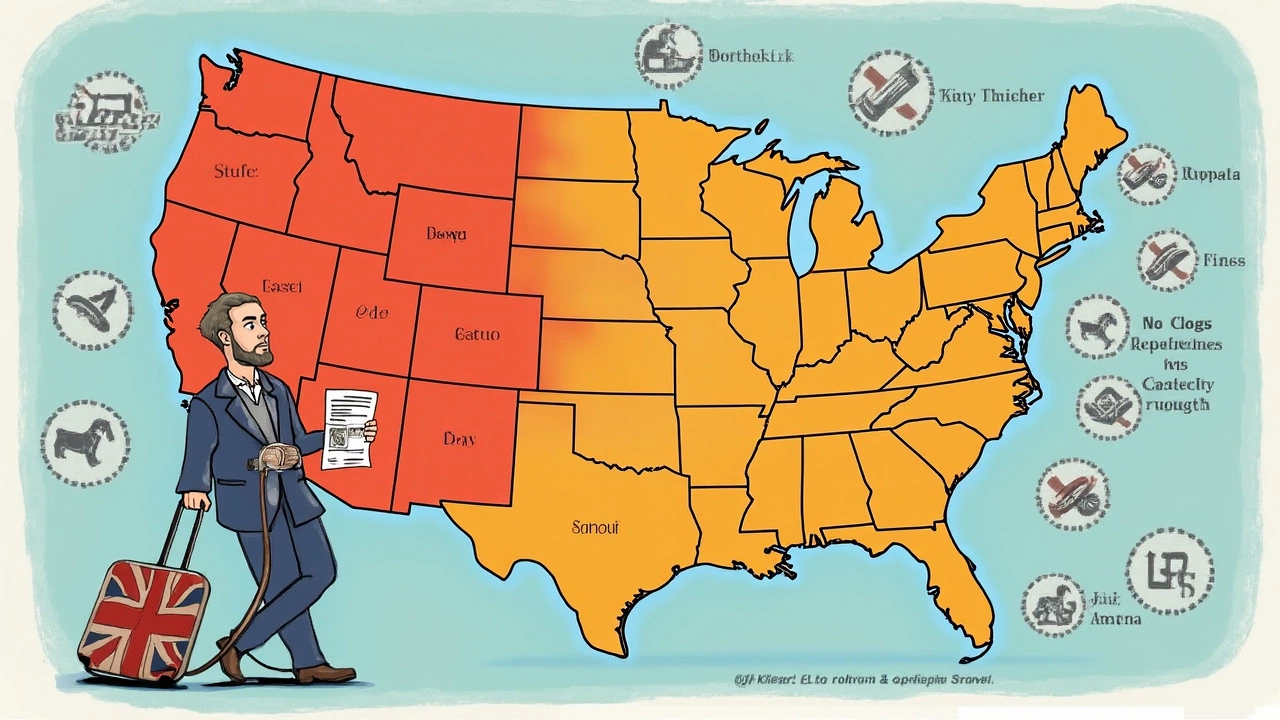Strictest Dog Laws in the UK – A Quick Guide for Dog Owners
If you’ve ever wondered which rules bite the hardest, you’re not alone. From leash mandates to breed bans, the UK has a few regulations that can catch even seasoned owners off‑guard. Below we break down the most stringent laws, what they mean for your daily routine, and how to avoid costly fines.
Leash and Control Laws That Carry Heavy Penalties
Many councils enforce a mandatory leash rule in public spaces. Ignoring it can lead to a fixed penalty notice of up to £150, plus court costs if you keep breaking the rule. The law isn’t just about keeping strangers safe; it’s also about preventing your dog from causing accidents or getting into fights.
To stay on the right side of the law, always carry a sturdy leash sized for your dog’s breed and weight. If you’re in a designated off‑leash area, double‑check the signage – some parks allow free roaming only during certain hours.
Breed‑Specific Bans and Dangerous Dog Orders
The Dangerous Dogs Act 1991 lists breeds that face strict control or outright bans, such as the Pit Bull Terrier, Japanese Tosa, and Dogo Argentino. Owning one of these dogs can result in immediate seizure, a mandatory microchip implant, and a potential lifetime ban on keeping dogs.
If you already own a restricted breed, you must apply for a special exemption from your local authority. The process involves a behavior assessment, secure housing, and insurance. Failure to obtain this exemption is a criminal offence, attracting up to six months in jail or a hefty fine.
Beyond breed bans, any dog deemed “dangerous” after an attack can be placed under a Dog Control Order. This order may require muzzling in public, mandatory training, and regular inspections. Ignoring a Dog Control Order can add another £300 fine per offense.
Microchipping and Registration Must‑Do
Since 2016, every dog in England, Wales and Scotland must be microchipped by the time they’re eight weeks old. Forgetting to chip your pup can lead to a fixed penalty notice of up to £100. The chip must be registered with your contact details, and you need to keep the information up‑to‑date.
The good news? Microchipping is cheap and quick – most vets can do it during a routine health check. Keep the paperwork, because a lost dog can be returned to you within hours if the chip is active.
Practical Tips to Stay Compliant
- Carry a copy of your dog’s microchip number on a tag.
- Check local council websites for specific leash rules before heading out.
- Invest in a well‑fitted harness or muzzle if your dog has a history of aggression.
- Keep a record of all training certificates and insurance policies.
- Use a pet liability insurer – many policies cover fines related to accidental bites.
Staying ahead of the strictest dog laws doesn’t have to be stressful. A little planning, proper equipment, and keeping paperwork tidy will keep you and your furry friend out of trouble. If you’re ever unsure, a quick call to your local council or a chat with a vet can clear things up before you step out the door.
Remember, the goal of these laws is to protect both people and pets. By respecting them, you’re helping make your community safer and showing that responsible ownership is possible for every dog, no matter the breed.

Strictest Dog Laws in the US: Which State Leads in Pet Regulations?
Find out which US state enforces the strictest dog laws, what those rules mean for owners, and key tips if you live or travel with pets. Laws, penalties, and realities uncovered.
View more